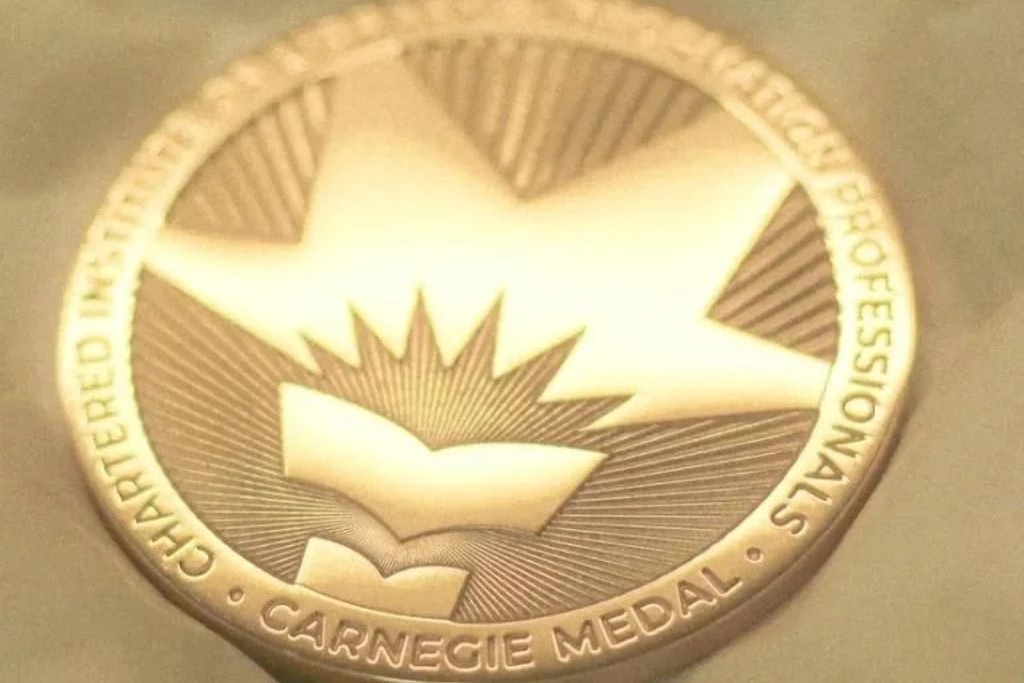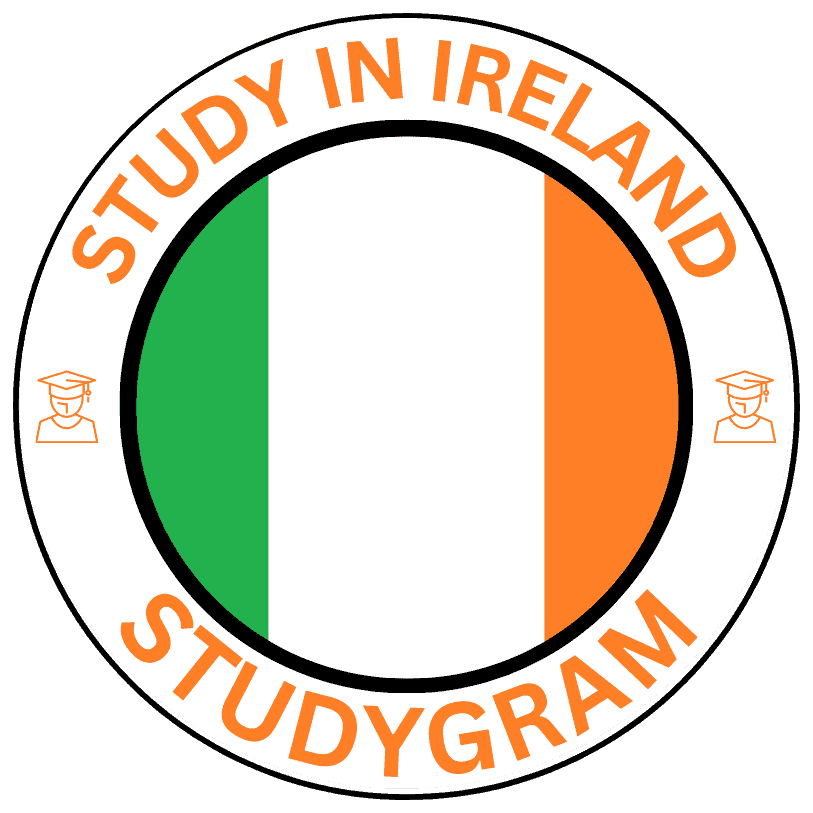
Understanding the Significance of the Carnegie Medal in Children’s Literature
Children’s literature holds a unique place in the literary landscape, shaping young minds and fostering a lifelong love for reading. Recognizing outstanding contributions to this genre, the Carnegie Medal stands as one of the most prestigious awards in the UK, established in 1936. This accolade celebrates exceptional children’s books that leave a lasting impact, and its history reflects evolving standards and values within children’s literature.
Recently, Dublin City University (DCU), a leading academic institution in Ireland, hosted a mini conference dedicated to the Carnegie Medal, highlighting its cultural and literary significance. This event brought together scholars, students, and literary enthusiasts to discuss the history, influence, and ongoing relevance of the award in shaping children’s literature.
DCU’s Mini Conference on the Carnegie Medal: Exploring its Impact and Legacy
The conference, organized by the DCU School of English in collaboration with the MA in Children’s and Young Adult Literature program, featured prominent speakers like Dr. Lucy Pearson from Newcastle University and Professor Peter Hunt, a distinguished figure in children’s literary studies and adjunct professor at DCU. The event provided a platform for critical discussions on how the Carnegie Medal has influenced the literary canon and its role in shaping perceptions of quality and excellence in children’s books.
Participants gained insight into the historical development of the award, including its early years and the professionalization of children’s librarianship that accompanied it. The mini conference also examined specific winning titles, such as Arthur Ransome’s Pigeon Post, exploring what qualities make these books stand out as exceptional.
The Role of the Carnegie Medal in Shaping Children’s Literature in Ireland and Beyond
The Carnegie Medal’s influence extends beyond the UK, impacting children’s literature in Ireland and internationally. It acts as a benchmark for publishers, authors, and librarians seeking to produce or recommend outstanding children’s books. The medal’s reputation for selecting works that combine storytelling excellence with social relevance has helped elevate the standards of children’s literature and encourage authors to create meaningful stories for young readers.
In Ireland, institutions like DCU play a vital role in celebrating and critically analyzing these literary achievements. As an academic hub, DCU not only recognizes the importance of literary awards but also promotes scholarly engagement with children’s literature, fostering a deeper understanding of its cultural significance.
Highlights of the Conference and Student Involvement
A noteworthy aspect of the DCU mini conference was the active involvement of MA students, who contributed by acting as chairs, discussants, and timekeepers. This practical experience offered students a glimpse into the mechanics of running academic conferences, enhancing their understanding of scholarly discourse and event organization.
Moreover, the event underscored the importance of nurturing future scholars and professionals in the field of children’s literature. By engaging students in these discussions, DCU ensures the ongoing development of critical perspectives on literary awards and children’s literary culture.
Why the Carnegie Medal Continues to Matter Today
In a rapidly changing publishing landscape, the criteria for what makes a children’s book outstanding remain vital. The Carnegie Medal maintains its relevance by continually adapting to contemporary issues while upholding high standards of storytelling and social relevance. Its ongoing prestige influences authors to craft stories that resonate with modern societal contexts, making the award a mirror of cultural values.
Academic discussions, such as those presented at the DCU conference, emphasize the importance of critically analyzing why certain books are awarded and how they contribute to the literary canon. These conversations help keep the medal’s legacy alive, inspiring new generations of writers, readers, and educators.
Take the Next Step in Your Literary Career
If you’re passionate about children’s literature and wish to contribute to its development, consider exploring DCU’s programs and resources. Participating in scholarly events, attending lectures, and engaging with faculty experts can significantly enhance your academic journey and prepare you for a career in publishing, librarianship, or academia.
Interested in learning more? Fill out the form to receive personalized guidance from a Studygram expert counselor. You’ll get support in choosing the right program, understanding admission requirements, and navigating the application process—so you can take the next step in your academic journey with confidence.
Conclusion
The mini conference hosted by Dublin City University vividly illustrated the enduring importance of the Carnegie Medal within children’s literature. As a symbol of excellence, the award continues to influence authors, publishers, and librarians while fostering scholarly debate on what makes a children’s book truly outstanding. For students and academics alike, DCU provides a vibrant environment to explore, research, and contribute to the evolving field of children’s literature.

